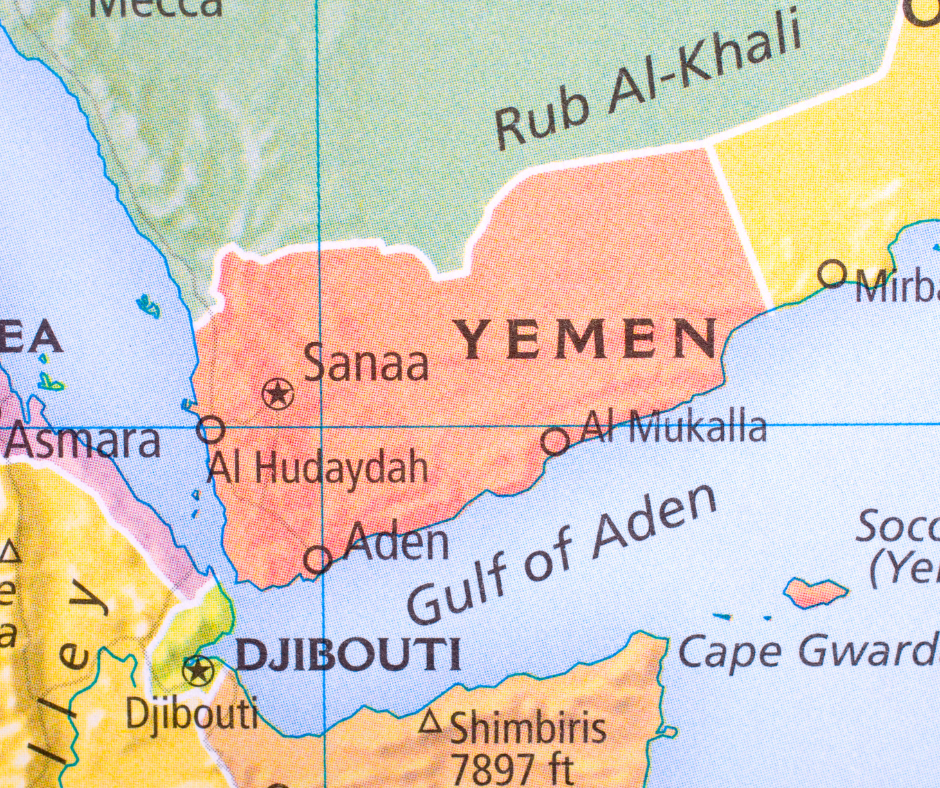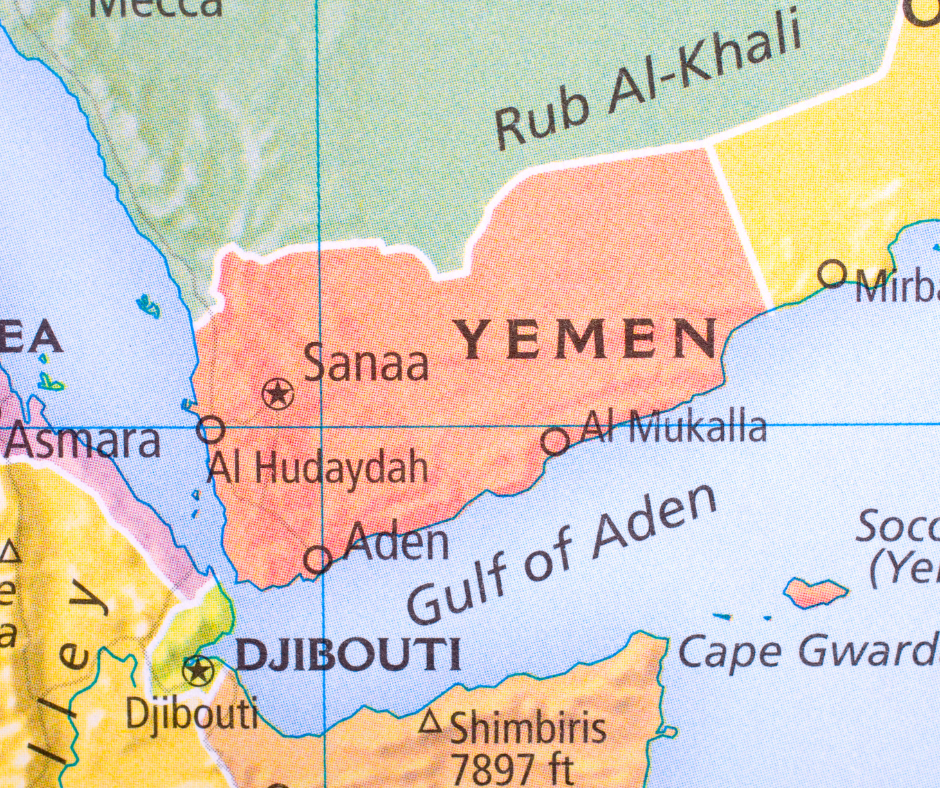3 min read
Why the SDF is still patrolling the Gulf of Aden for pirates
By: The Asahi Shimbun on February 1, 2023 at 8:00 AM

When a light suddenly flashed across the radar screen, the crew inside a Maritime Self-Defense Force P-3C patrol aircraft stationed in East Africa alerted the pilots to a potential situation at sea.

“A small vessel has appeared on the radar screen,” one of the crew told The Asahi Shimbun reporter accompanying them on the sortie on Dec. 7. “We will go investigate to see if it is a pirate vessel.”
The unit is stationed in Djibouti, a country in the Horn of Africa bordering Somalia, and is part of an ongoing SDF operation patrolling for pirates in the Gulf of Aden. The operation has gone on since March 2009 to protect vessels passing through the area that connects to the Suez Canal.

The aircraft scrambled to the destination about three kilometers away and located the ship.
But before long, the MSDF confirmed the vessel at sea was actually a commercial ship bearing the name of a city in the Philippines.
The aircraft received a relaxed greeting from the ship: “Good afternoon.”
This sort of anticlimax has become a common scene here.
In recent years, reports of pirate attacks have become rare.
There were 237 incidents involving pirates in 2011, according to officials. But in 2019 and 2020, there were none, and only one in all of 2021.
And the last time an SDF patrol aircraft spotted a vessel that might have been hijacked by pirates was April 2017.
That raises the question of why Japan is continuing its mission there at all.
SDF officials said they see several benefits from the constant scouting, including deterrence.
“Our presence in the sea has maintained law and order,” a senior MSDF official said. “The second we leave, the pirates will have everything their way.”
The area is a crucial transportation route for Japan, particularly for shipping petroleum. Twenty percent of the vehicles exported from Japan also pass through the area.
Some 2,000 vessels related to Japan travel the area in a year, with an average of five or six passing through in a day.
One of the crew said securing the area directly affects daily life in Japan.
“I undertake this duty while picturing my family,” an aircraft operator in his 20s said.
Initially, the mission was nothing but a seaborne patrol by an escort ship, but the air patrol was added by June 2009.
A pilot and two operators sit in the cockpit, while SDF members who check the radar sit at the back of the plane and communicate through a headset.
They conduct an eight-hour patrol almost every day of an area with a straight-line distance of about 1,100 km.
In the 14 years since its inception, there have been at least 3,000 aircraft sorties with flight hours totaling 21,000 hours.
During the Dec. 7 ride-along flight, the crew tried to establish visual contact with a vessel and track it on radar to determine if there were pirates aboard.
They spotted what looked like a small object that turned out to be a false alarm. It was not a ship at all. The crew concluded it was likely a tuna jumping out of the water.
But while pirates failed to materialize in their field of view, something else that gives them reason to be there did.
From above, a cluster of buildings can be seen near the Doraleh Multi-Purpose Port, located in north of Djibouti, the capital of Djibouti.
They are Chinese military bases.
China’s military has become increasingly active around Japan, and tensions have ratcheted up between the two countries.
But in Djibouti, Japan’s SDF post and the Chinese base are located within a 30-minute driving distance and they maintain a cooperative relationship through exchanging information about guarding the bases and local security.
The SDF aircraft sometimes provide information about pirates to a Chinese ship nearby.
China has deemed Djibouti as a key location in its “One Belt, One Road Initiative” and is putting effort and capital into developing urban areas there.
"It is limited, but it is possible to know the other through cooperation,” one person related to the SDF said. “It offers great benefits militarily.”
When the central government revised three key national security-related documents at the end of 2022, one of the revisions included a statement that said the SDF base in Djibouti is being used to protect and transport Japanese nationals--underscoring the importance the government sees in maintaining a presence there.
“The mission only works with the cooperation with other countries, including China,” a person related to the central government said. “Under the Japan-China relationship--which is complicated and not exclusively oriented toward antagonism since it also seeks economic ties--the base (in Djibouti) also serves a big role as a fulcrum.”
Source: The Asahi Shimbun
Related Posts
Intelligence Brief: China Controls the South..
The South China Sea, now essentially controlled by China, sees several million barrels per day of..
Is China Grabbing The South China Sea?
In the geopolitical theater of the South China Sea, the awakening of China as a maritime power has..
China rejects South China Sea tribunal verdict
A defiant China on Monday dismissed the 2016 verdict of the international tribunal on the South..



